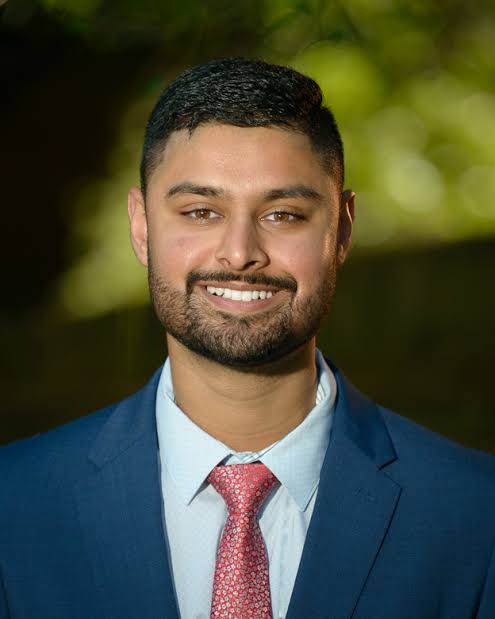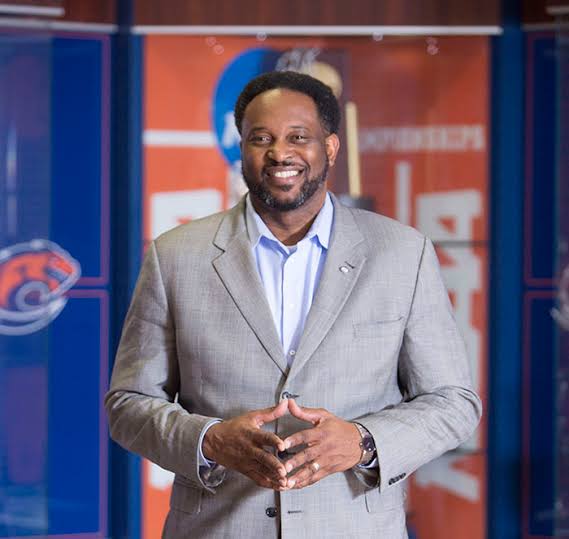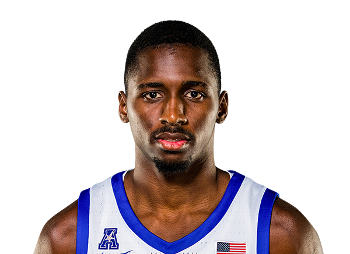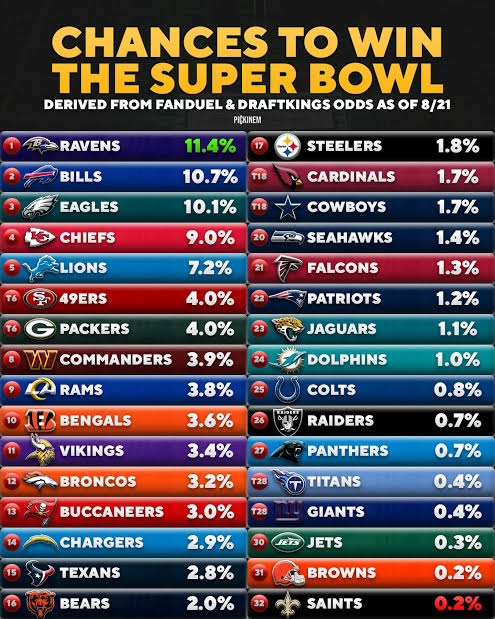
Faragi Phillips, a seasoned basketball coach with deep roots in Memphis, agreed to take the helm at LeMoyne-Owen College in May, marking a fresh chapter in his coaching journey. This decision came eight months after his departure from the University of Memphis, where he served as an assistant under head coach Penny Hardaway.
Phillips’ exit from Memphis in September came as part of a staff shake-up that surprised many in the local basketball community. Known for his strong recruiting connections and player development skills, Phillips had been a respected figure on Hardaway’s staff. Prior to joining the college ranks, he had built a reputation as one of the top high school coaches in Tennessee, leading Whitehaven High School to multiple deep playoff runs. His transition into the collegiate coaching scene was viewed as a natural progression for someone with his basketball pedigree.
LeMoyne-Owen College, a historically Black college in Memphis and a member of the Division II Southern Intercollegiate Athletic Conference (SIAC), saw an opportunity in Phillips’ availability. With his extensive local ties and proven leadership, the school viewed him as the ideal candidate to reinvigorate its men’s basketball program. His hiring not only brings a higher profile to the Magicians’ bench but also signals the college’s commitment to building a competitive program that reflects the pride and tradition of Memphis basketball.
For Phillips, the position represents both a return to the roots of player development and a chance to shape a program in his own image. His knowledge of Memphis’ basketball landscape gives LeMoyne-Owen a strategic advantage in recruiting local talent, while his experience at the Division I level adds a layer of professionalism and competitiveness.
Taking over the Magicians offers Phillips a platform to prove himself again—this time as the lead decision-maker. While the college game presents its own challenges, his background suggests he’s ready to face them. Moreover, coaching at an HBCU adds personal meaning to the role, allowing Phillips to impact young men not only on the court but in life.
In the broader scope, Phillips’ hiring reflects a growing trend of experienced coaches moving into leadership roles at HBCUs, bringing increased visibility and credibility. For LeMoyne-Owen, this could be the beginning of a resurgence. For Phillips, it’s a second chance to build something lasting—this time, on his terms.


